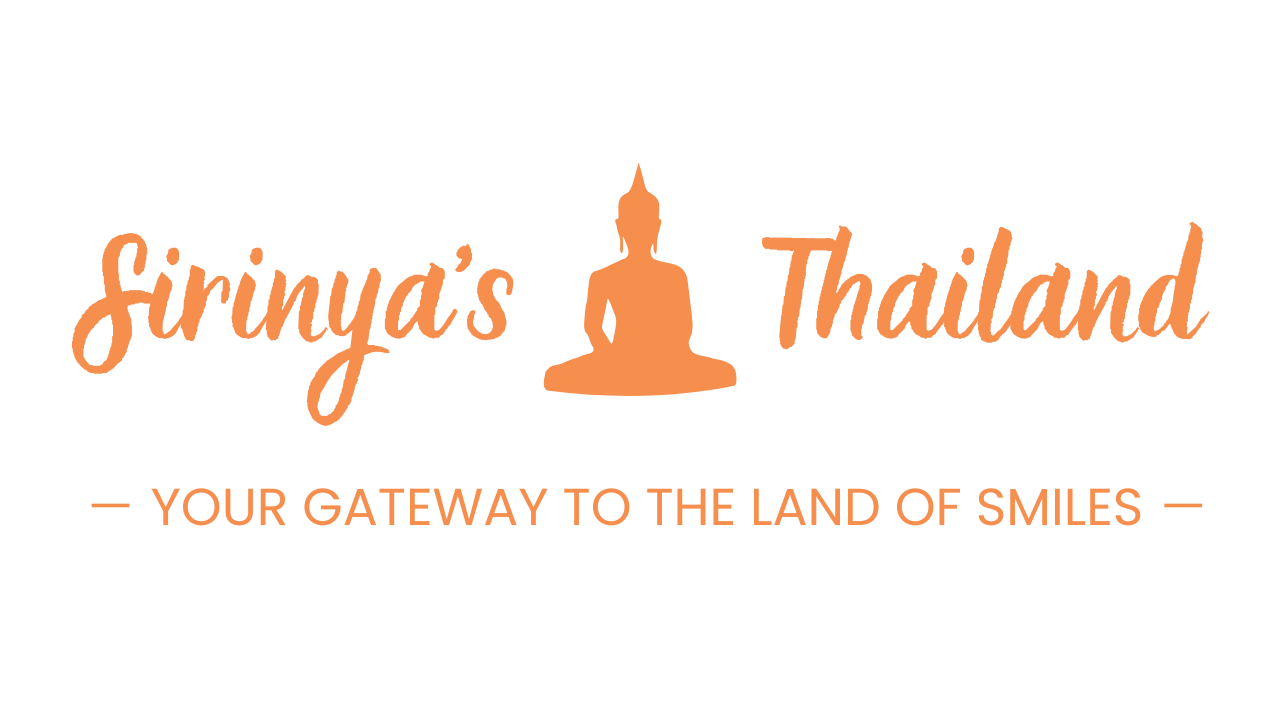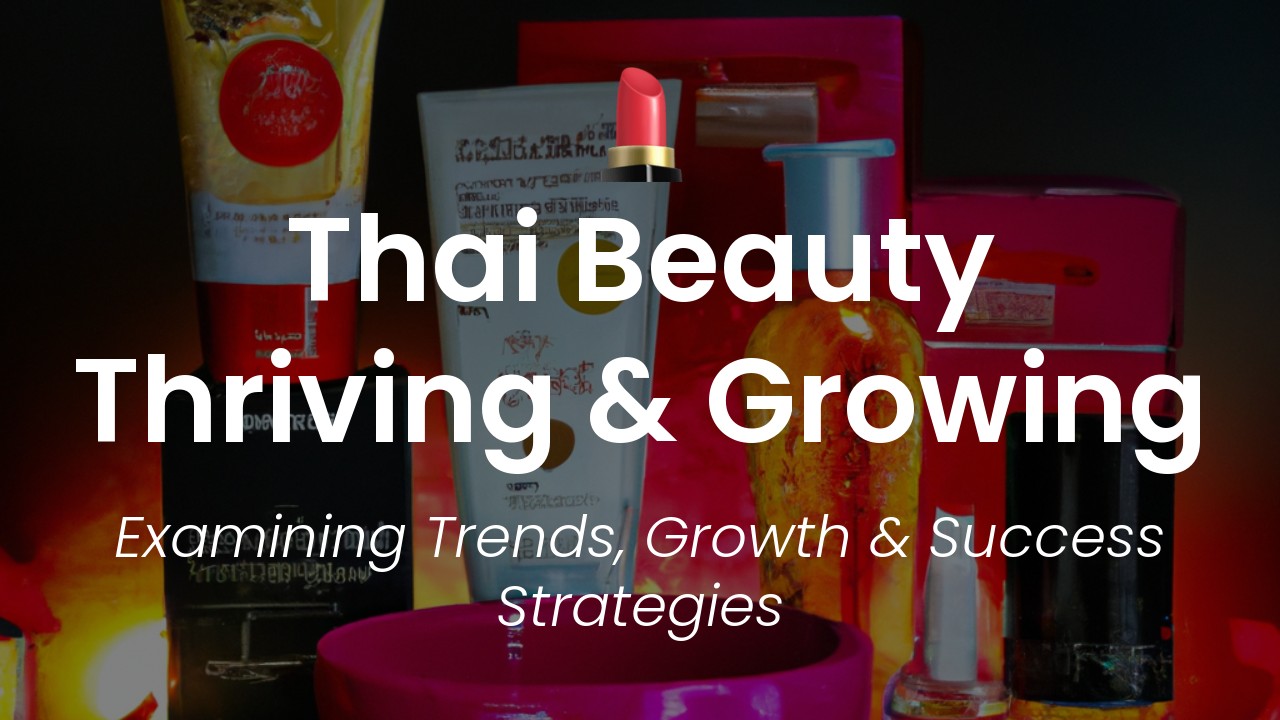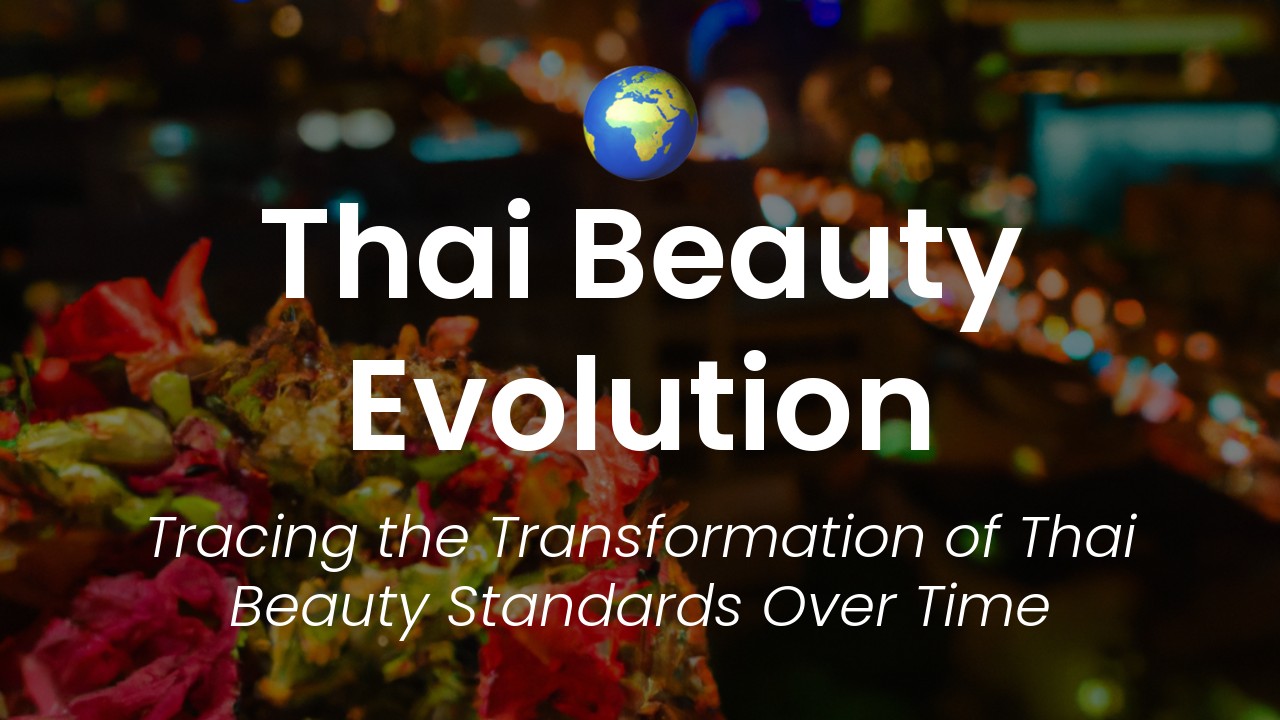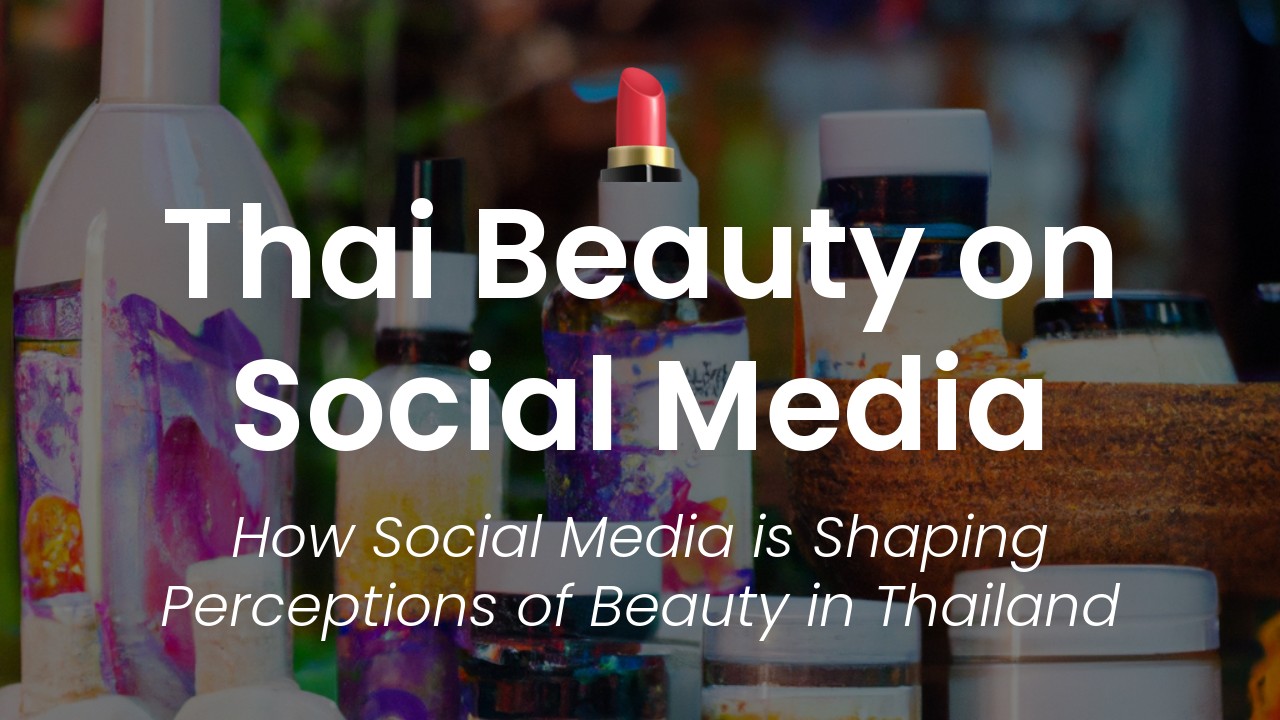As a young Thai woman, I've grown up hearing all about our country's obsession with youth and beauty. From an early age, I learned that fairness, slimness, and small features were prized above all else. And as I grew older, it became increasingly clear just how deeply ingrained these beliefs are in Thai society.
But it wasn't until I started to explore the topic in-depth for my blog that I realized just how complex and multifaceted the issue truly is. The beauty industry in Thailand is booming, and the pressure to conform to certain standards is felt by both women and men, young and old. It's not just about looking good – it's about fitting in and achieving a certain level of success and social acceptance.
In this article, I want to delve into the shocking truth about Thai youth and beauty standards. I want to examine the roots of this obsession, explore how it's influencing young people today, and question whether it's time for a change. From the consequences of skin-bleaching to the darker side of beauty pageants, I'll be sharing the insights I've gleaned from my own experiences and extensive research. So grab a cup of tea (or your beverage of choice) and get ready to explore an aspect of Thai culture that's both fascinating and troubling.
Traditional Beauty Standards
As a young woman from Thailand, I've grown up witnessing the intense pressure that Thai youth face when it comes to beauty standards. These standards are a longstanding part of Thai culture, with traditional beauty ideals such as lighter skin, slimmer bodies, and a delicate facial structure. However, in today's world, these standards have become increasingly extreme, with many young people resorting to drastic measures to attain these idealized appearances.
Bleaching, slimming, and plastic surgery
One of the most common practices that Thai youth undertake to achieve these beauty standards is skin bleaching. Bleaching creams and lotions are widely available in Thailand, and many young people see these products as an easy way to lighten their skin and gain the acceptance of their peers.
Another popular trend among Thai youth is weight loss. Slimmer bodies are viewed as more attractive in Thai culture, and this has led to a growing number of young people turning to extreme diets, weight loss supplements, and even surgery to slim down.
Finally, plastic surgery has also become commonplace among Thai youth. Procedures such as eyelid surgery and nose jobs are seen as common ways to enhance one's appearance and fit into the narrow beauty ideal that exists in Thai society.
Social media influence
The rise of social media has only exacerbated the pressure that Thai youth face when it comes to beauty standards. Young people are bombarded with images of perfect-looking celebrities and influencers on platforms such as Instagram, and they are constantly comparing themselves to these unattainable standards.
Moreover, social media has made it easier for people to share their own before-and-after photos of cosmetic procedures, encouraging others to follow in their footsteps. This has led to a normalization of these practices, furthering the idea that they are the only way to attain beauty and acceptance.
"Whitening" products controversy
The use of skin-bleaching products has become so prevalent in Thailand that it has sparked debates around their safety and effectiveness. Many of these products contain harmful chemicals such as mercury and hydroquinone, which can cause serious health problems such as kidney damage and skin cancer.
Despite these risks, these products continue to be in high demand, with many young people willing to put their health at risk in pursuit of the perfect appearance.
Impact on mental health
The pressure to conform to beauty standards has a serious impact on the mental health of Thai youth. Many young people report feeling intense anxiety and depression, leading to a vicious circle of low self-esteem and further obsession with appearance.
Additionally, the normalization of cosmetic procedures has led to a sense of inadequacy and insecurity among those who have not undergone these surgeries, causing them to feel as though they are not "good enough" in the eyes of society.
Criticisms and pushback
Despite the widespread acceptance of beauty standards in Thai culture, there has been growing criticism and pushback against these practices. Many youth-led movements have emerged in recent years, calling for a more diverse and inclusive definition of beauty.
Moreover, campaigns have been launched to promote self-love and body positivity. These campaigns focus on encouraging young people to embrace their unique appearances rather than conform to rigid beauty standards.
Moving towards body positivity
While Thailand still has a long way to go in terms of dismantling unrealistic beauty standards, the growing movement towards body positivity is a step in the right direction. We need to encourage young people to celebrate their individuality rather than conforming to narrow beauty ideals.
It's time to recognize that beauty comes in all shapes, sizes, and colors, and that true beauty lies not in appearance, but in confidence and self-love.







